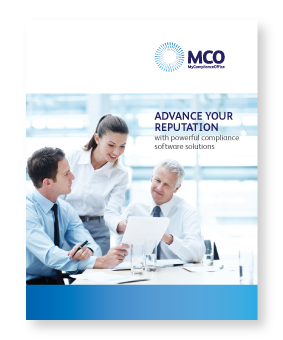2016 OCIE Exam Priorities:
How to prepare for a visit
On Jan 11, the U.S. Securities and Exchange Commission (SEC) released the Office of Compliance Inspections and Examinations’ (OCIE) priorities for 2016. Listen back as MyComplianceOffice and expert professional, Patrick J Burns of Advanced Regulatory Compliance (ARC) share what CCOs can do to prepare for a visit from SEC examiners.
Patrick J. Burns
Patrick J. Burns, Jr. is President and founder of Advanced Regulatory Compliance, Inc. He is the managing attorney with the Law Offices of Patrick J. Burns, Jr., P.C., a securities law firm dedicated to assisting industry members with their legal needs.
You can download a full copy of the slides from this webinar.
Full Video Transcript below
How to Prepare for an SEC Onsite Visit?
On a practical note, when the SEC contacts your firm, they've already taken a look at your publicly available documents. That means they've taken a look at your ADV and they've at least had a good read-through on the general structure of your firm. Firms that have custody or manage funds and especially private funds are examples of firms that present a higher likelihood of being examined. Other firms that certainly raise the bar on firms that will be examined are ones with disciplinary histories, SEC complaints and also firms that are doing business with corresponding financial partners that may have serious compliance issues on the SEC's radar screen.
We've had clients that have been dragged into examinations or investigations because they may be doing business with a third-party money manager that had issues. At the SEC, they're looking to see to if there's any kind of knowledge or negligence by the other advisers and continuing to do business with a firm that may be in the news, may have some serious compliance or legal issues at stake. The SEC does look at the firms that are certainly in the news and have disciplinary or legal issues pending, but, sometimes, they branch out and they'll look at the firms that are doing business with the firms understand under investigation or undergoing serious reviews by the SEC.
SEC presence exam Vs a limited-scope exam
The SEC will conduct either a presence exam or a limited-scope exam, as I mentioned earlier. Limited-scope exams generally are done remotely. The SEC will initially contact firms in both instances generally with an email asking firms to produce certain information generally within 48 to 72 hours. In this case, when you do get that examination list, the first thing I would say is, hopefully, the areas that the SEC is looking at, by and large, don't come as a surprise. I think preparation throughout the course of the year is really key. 48 to 72 business hours is not a lot of time to go through an SEC exam list from scratch and start gathering a mountain of information. Having an idea of what the SEC is looking at before you get that exam list, I think that's really, really, really key.
Steps to take
If the SEC decides that they're going to come out and visit onsite, I think it's really critical that you set aside some dedicated space for the SEC and then work out logistics,
- How long they expect be there?
- Who's going to be visiting with them?
- What they'll need to make their visit a little bit easier on their part?
I prefer that they're segregated from the rest of the business operation. Maybe put them in a small conference room or a side room away from conversations that could be heard or misconstrued.
I'm not a big fan of having regulators walk around the firm without being escorted through the premises and put in a place where they can work privately. That's my advice on presence exam that are taking onsite. In either case, with the presence exam or a limited-scope remote exam, it's critical that the firm is adequately prepared to produce documents in a timely manner and that the appropriate staff members are prepared to answer questions that the firm's CCO may not be able to immediately address.
Things that the CCO may not be able to immediately address could be things like trading. It may make sense to bring in the head trader to answer specific questions about order routing, how order are placed and executed at the firm or, perhaps, one of the one of the other senior management team members, a marketing person, the CFO or whatever the list of questions may be. In any case, if other people besides the CCO are brought in for questions, they should be adequately prepared to answer those questions.
I think it makes sense to instruct them to just specifically answer the questions and then stop. They don't have to have a hard stop and be unfriendly, but you also want to make sure somebody doesn't get too chatty with the SEC examiners. It's an area where I think that people outside the compliance department can start to get the firm into trouble if they just start rambling on and talking about things that they weren't asked about. It may opened up other areas of inquiry for the exam, and that's really not something that most firms are interested in having happen.
Now, the purpose of exams is to review the firm's books and records and ensure the firm's in compliance with relevant securities laws. The examinations really serve a key role in making sure that the SEC is protecting investors, protecting the marketplaces and also that they're examining relevant areas of concern. During these examinations, it's really fact-finding mission to find out if there's anything specifically with the firm in question that needs to be corrected or the SEC may come back from various exams, gather their data and take that data and start analyzing whether or not new rules may be needed in a particular focus area.
The SEC does a lot of work through examinations to not only look at the firm and its impact on the clients and the marketplace, but also to take away data and find out if there's a need for, perhaps, new rules that may need to be put out in the form of proposed rules on new topics.
SEC examination request letter: what to do?
Now, in our experience, the SEC generally issues a deficiency letter. Let's take a step back and talk about the examination request letter that you received. First and foremost, you're going to get a detailed list of items that you need to be gathering and delivering to the SEC by a certain date. Generally, as I mentioned, you get about 48 to 72 hours. Most firms can't produce everything within that time period. They may need to reach out to their CPA to get current up-to-date financials. They may need to reach out to their custodian to get some information about their clients, perhaps, stuff that they can't produce through the custodial login that they have as an institutional RIA partner.
If there's things that you can't get to within the 48 to 72 hours, I think it makes sense to just do your best and try to get them the information that you can and then make it known that you're working on some of the outstanding items and try to give them an estimated timeframe for when you can respond on any of the outstanding items. Generally-speaking, the SEC examiners will appreciate that approach. I think, in most cases, they don't expect you to have everything within 48 to 72 hours. If there's a trailing item or two, I think that's perfectly fine.
I think the key is immediately acknowledging receipt of the exam request list. I generally think it's best to have a call placed by the firm to the SEC examiner and then just do an introduction, talk about the day of the exam and the start time and just to basically break the ice on the phone. The examiner will let you know whether or not it's going to be an in-person visit or they can do the remote examination.









